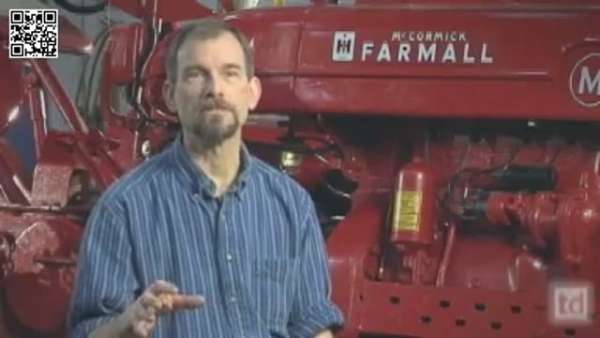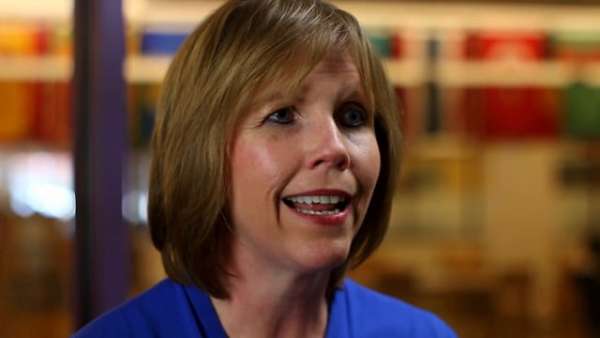
Amy Jo Henry
Career Technical STEM Instructor Coordinator, Global Impact STEM Academy
Amy Jo Henry is willing to be contacted about and to collaborate on these topics: Technology, Business, Marketing, Entrepreneurship, Macroeconomics, Microeconomics, Agriculture, Global Perspectives and Experiences, STEM, The National FFA Organization, Business Professionals of America, Career Technical Education (CTE), Career Technical Student Organizations (CTSOs), Middle School Career Explorations and 21st Century Skills.
What about teaching excites you?
I am excited to teach because my students are a source of inspiration for me. They have such a fresh perspective, are excited to learn, yearn to be challenged and engaged, and come to class every day with an expectation to learn something new. I know that our future is in good hands when I see the types of creative and divergent thinking that students generate.
What was your “aha” moment when you realized the value of using agriculture as a vehicle to teach science?
Throughout my eleven years of Business teaching experience, I’ve had many moments that affirm to me that Agriculture is an essential part of any Business Curriculum. From teaching my Accounting students why land is the only asset that does not depreciate, to teaching my Business Law students about land rights and contracts, to teaching my Technology students about the development of and current applications for the cutting edge GPS technology used in drones, to teaching my Finance students about commodity exchanges and futures contracts, to training my Business Management students in valuable leadership skills through the National FFA Organization, there is no shortage of examples to link agriculture and business in the classroom. But perhaps my favorite “a-ha” moment when I learned the value of using agriculture as a vehicle to teach business occurred when I was teaching a college business class to High School Seniors. We were in the middle of an intense and academically rigorous simulation centered around the topic of international commodity trading, which forced students to draw connections between natural resources and the economic development of a nation. In his reflection, a student blurted out, “I never realized how valuable a cow can be [to a family’s economic stability and a country’s economic development].” I knew in that moment that we have to use agriculture to enhance our business curriculums and to offer students a greater perspective. I immediately requested a field trip to The Farm Science Review in London, Ohio for my students. When a curious administrator asked me, “What does an Ag Trade Show have to do with business?”, I realized that we not only have to teach students about the importance of agriculture, but also our school administrators, community members, and business leaders.




Share this